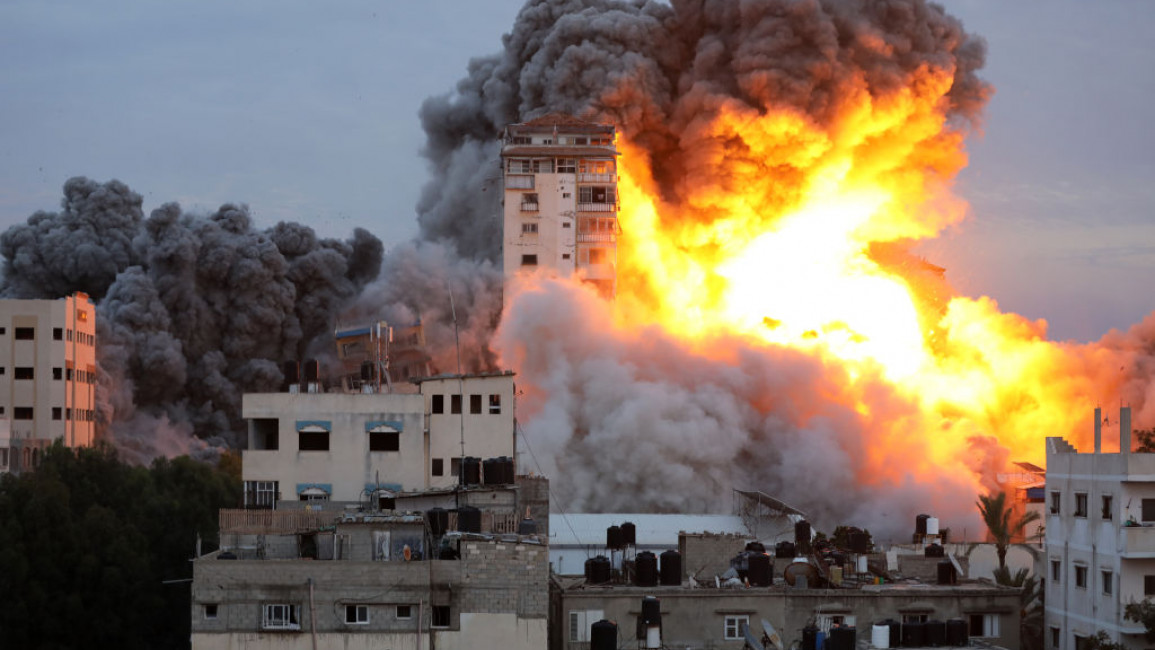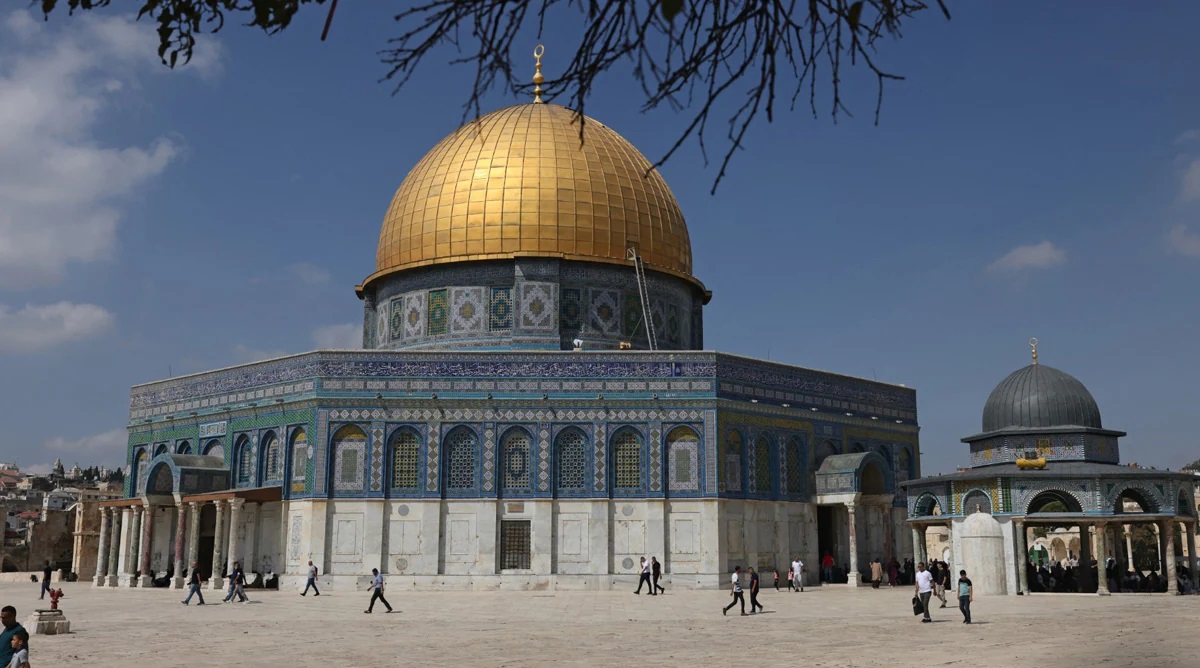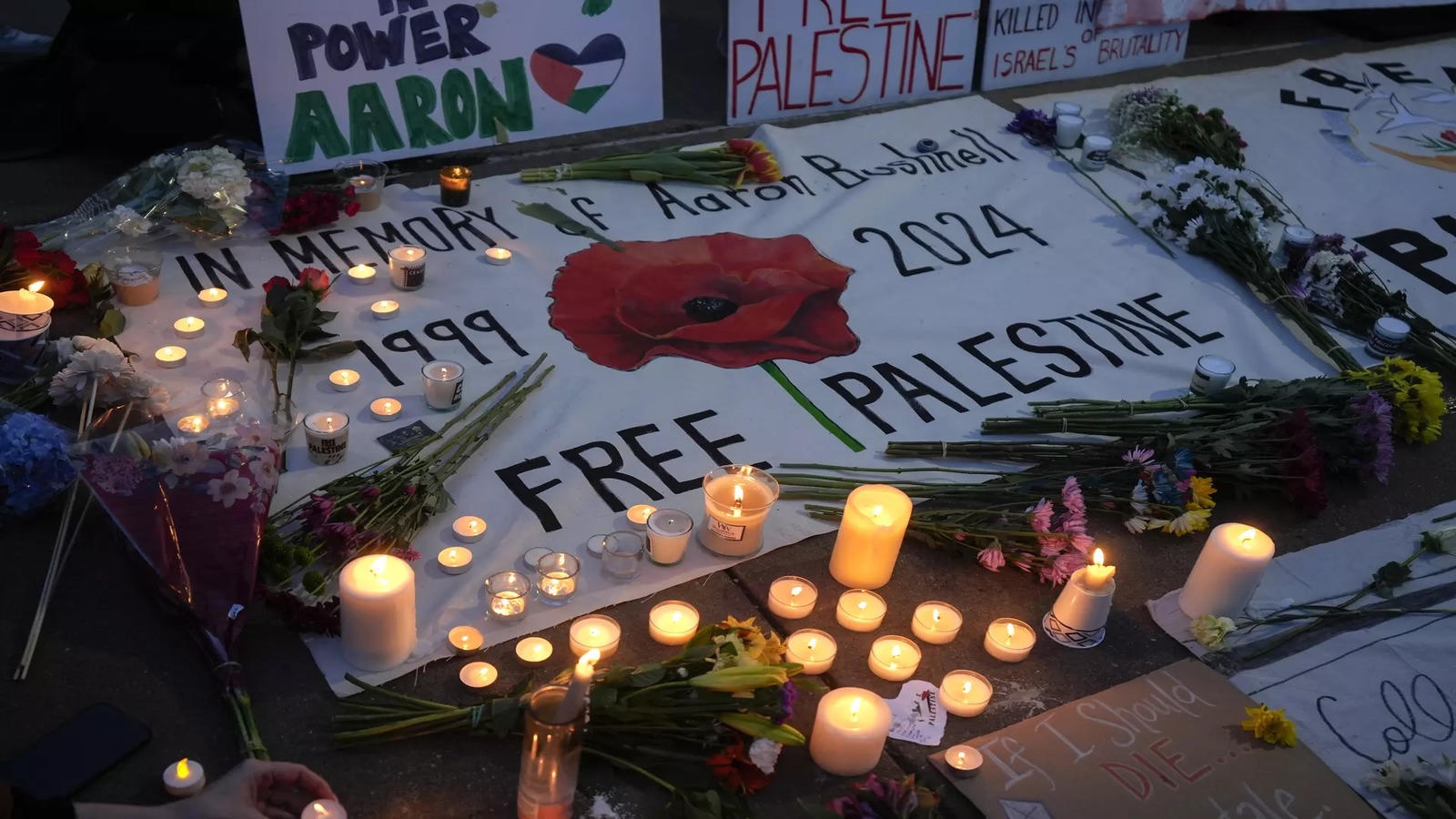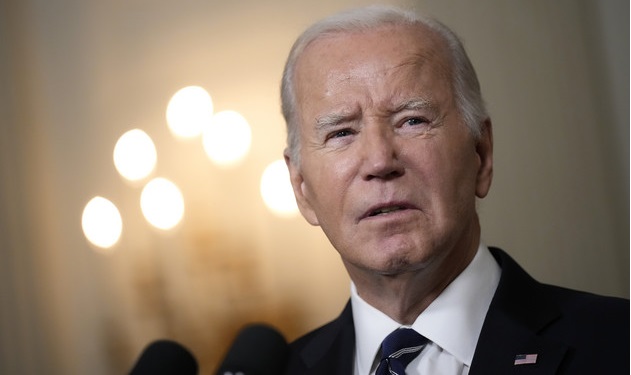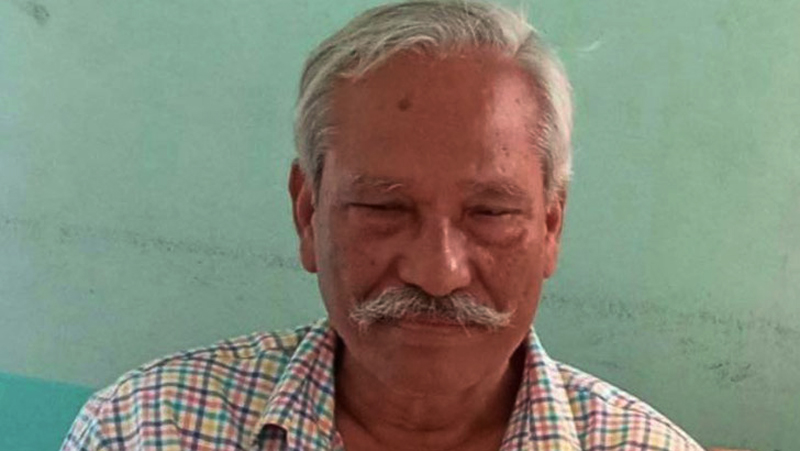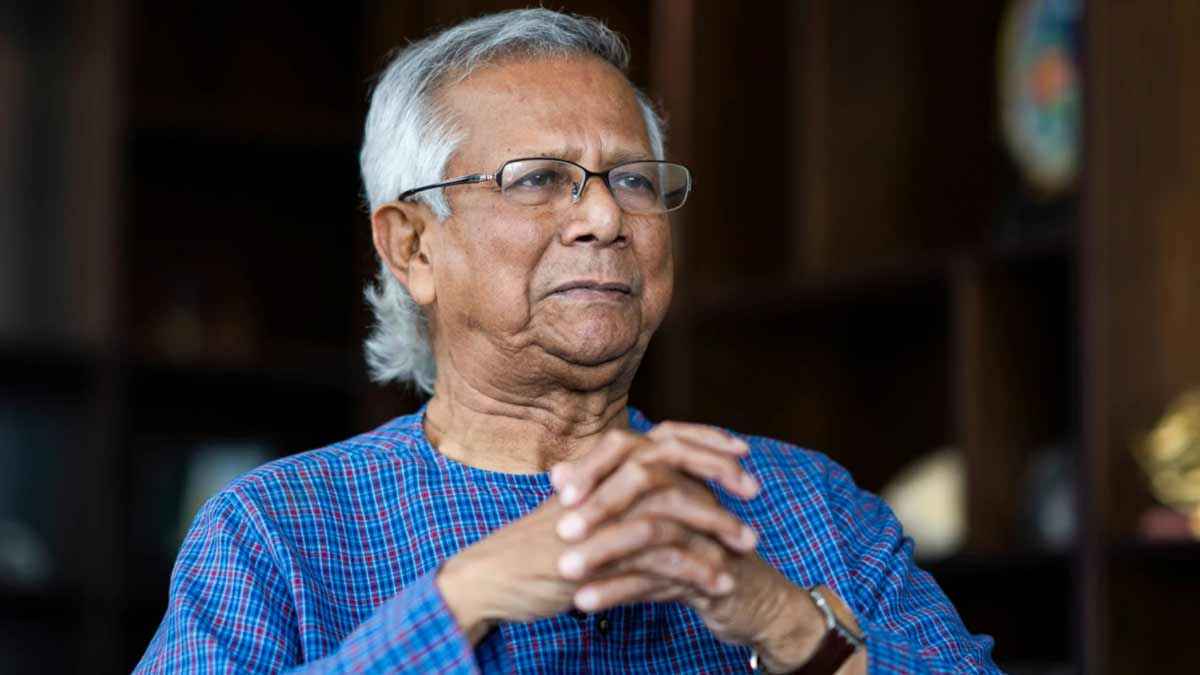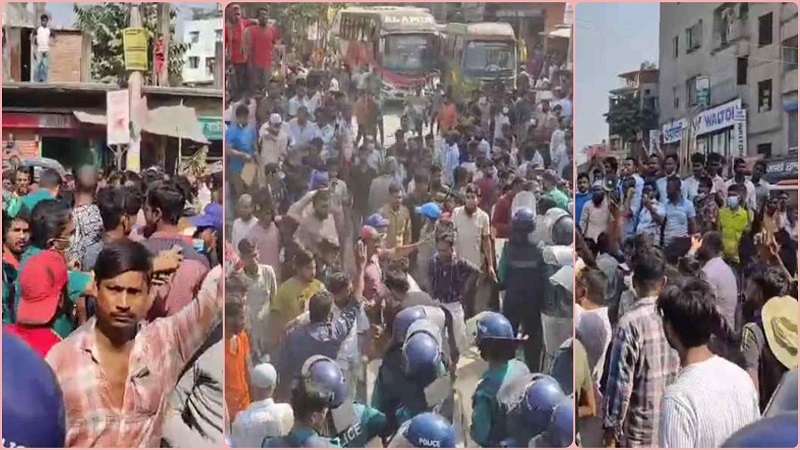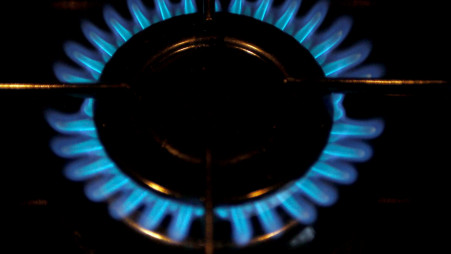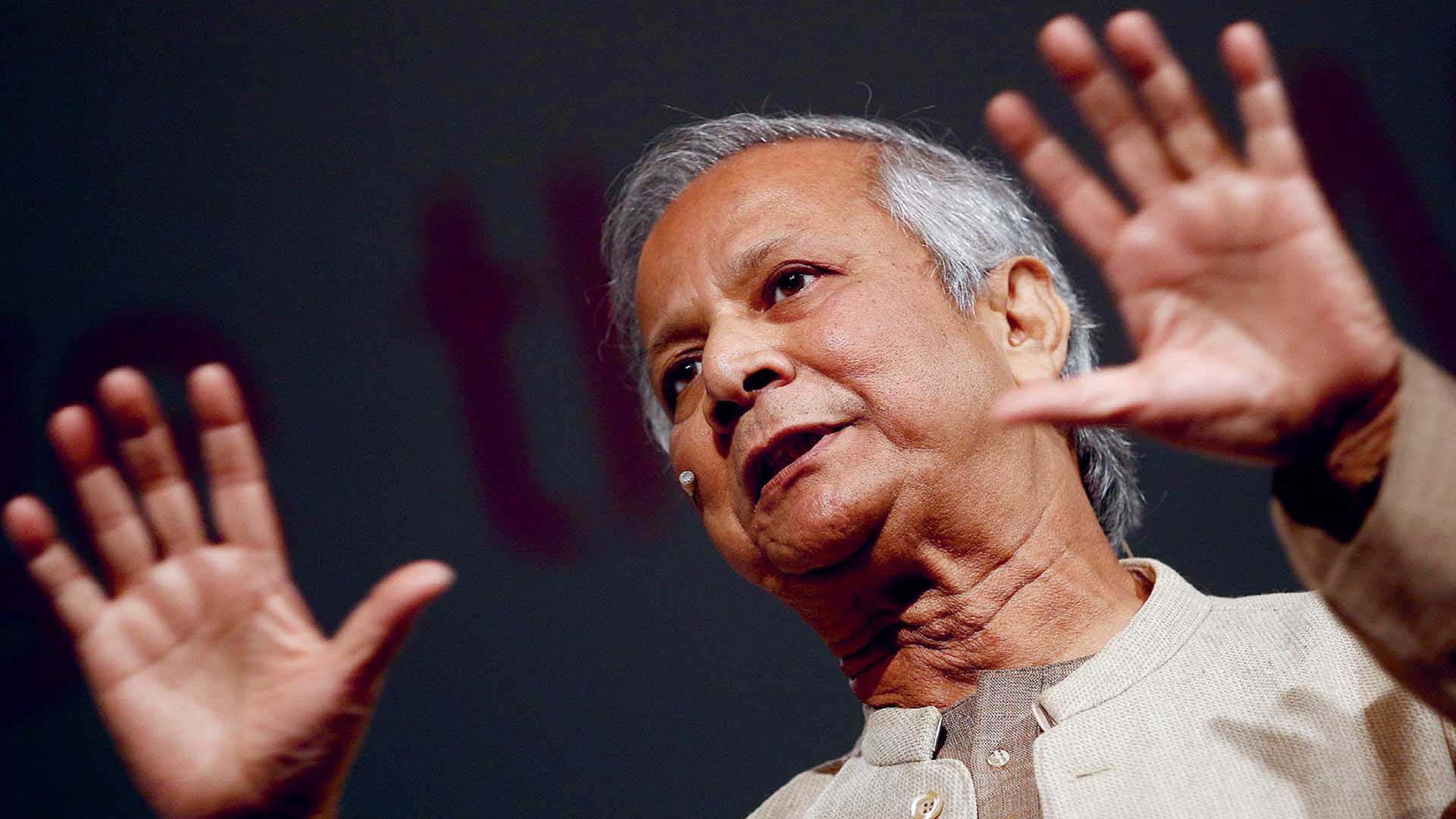Israel awoke in shock on Sunday after Hamas fighters killed hundreds of Israelis and abducted an unknown number of captives into Gaza, setting off a war that risked spreading as Israel struck a Hezbollah militia target in southern Lebanon.
Israeli air strikes battered Gaza overnight, killing more than 300 Palestinians and smashing buildings, tunnels and the houses of Hamas officials, as Prime Minister Benjamin Netanyahu vowed "mighty vengeance for this wicked day".
In southern Israel, Hamas gunmen were still fighting Israeli security forces in several places 24 hours after their incursion in the early hours of Saturday, both sides said, as more rockets were fired from Gaza, sparking air raid sirens.
"We're going to be attacking Hamas severely and this is going to be a long, long haul," a military spokesman told a briefing with reporters.
Jets resumed strikes on Gaza in the morning and troops were conducting clearing operations around the blockaded enclave, including at a military base in the area of Zikim that was overrun on Saturday.
In a possible sign of further escalation, Israeli artillery responded to mortar fire from Lebanon and drone strikes hit a post of the Iranian-backed Hezbollah militia along Israel's northern border.
"We recommend Hezbollah not to come into this and I don't think they will," Israel's army spokesperson said.
The surprise Hamas attack represented the biggest incursion into Israel - and its bloodiest day - since Egypt and Syria launched a sudden assault in an effort to reclaim lost territory in the Yom Kippur war 50 years ago.
The conflict could undermine U.S-backed efforts to broker a normalisation of relations between Israel and Saudi Arabia - a regional security realignment that could threaten Palestinian aspirations for statehood and the ambitions of the Hamas's main backer, Iran.
Hamas fighters began their attack at dawn on Saturday with a huge barrage of rockets into southern Israel, giving cover to an unprecedented, multi-pronged infiltration of fighters into Israel from Gaza, a narrow strip that is home to 2.3 million Palestinians.
Gunmen killed at least 250 Israelis in clashes throughout Saturday and into Sunday, and escaped back into Gaza with dozens of hostages. More than 300 Gazans were killed when Israel responded with one of its most devastating days of retaliatory strikes.
An Israeli military spokesperson said operations were going on in eight areas around Gaza on Sunday, while Al Hadath TV cited the Palestinian Red Crescent as saying 18 people had been killed in Israeli targeting of two homes in Gaza's Beit Hanoun district.
Palestinian health officials said 20 children were among at least 313 civilians killed. Nearly 2,000 people were wounded, they said.
In the north, Hezbollah said in a statement it had carried out a rocket and artillery attack on three posts including a "radar site" in the Shebaa Farms, a slice of land occupied by Israel since 1967 that Lebanon claims.
Israel responded with artillery fire on southern Lebanon. There were no reports of casualties.
The escalation comes against a backdrop of surging violence between Israel and Palestinian militants in the Israeli-occupied West Bank, where a Palestinian authority exercises limited self-rule, opposed by Hamas that wants Israel destroyed.
The West Bank has seen stepped-up Israeli raids, Palestinian street attacks and assaults by Jewish settlers on Palestinian villages. Conditions for Palestinians have worsened under Netanyahu's hard-right government. Peacemaking has been stalled for years.
Hamas leader Ismail Haniyeh said the assault that began in Gaza would spread to the West Bank and Jerusalem. Gazans have lived under an Israeli blockade for 16 years.
In a speech, Haniyeh highlighted threats to Jerusalem's Al-Aqsa Mosque, the continuation of an Israeli the blockade on Gaza and Israeli normalization with countries in the region.
"How many times have we warned you that the Palestinian people have been living in refugee camps for 75 years, and you refuse to recognise the rights of our people?"
Bodies of Israeli civilians surrounded by broken glass were strewn across the streets of Sderot in southern Israel near Gaza in the aftermath of Saturday's assault. The bodies of a man and woman were sprawled across the front seats of a car.
Terrified Israelis, barricaded into safe rooms, recounted their plight by phone on live television.
Senior military officers were among those killed in fighting near Gaza, the Israeli military said.
Netanyahu's office said his security cabinet had approved steps to destroy the military and governmental capabilities of Hamas and Islamic Jihad, another militant group, "for many years", including cutting electricity, fuel supplies and the entry of goods into Gaza.
In Gaza, black smoke, orange flashes and sparks lit the sky from explosions. Israeli drones could be heard overhead


